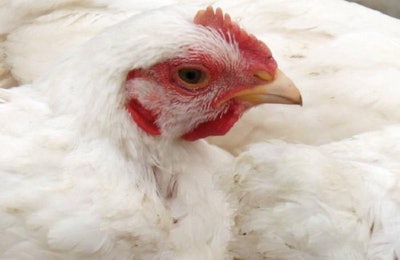
Pilgrim’s CEO Bill Lovette assured shareholders that the company is on high alert for the possible return of avian influenza in the United States and is prepared to deal with a new outbreak if it strikes in or near one of the company’s operations.
Lovette, speaking during the quarterly earnings call on October 29, said the company is on the lookout for new U.S. avian influenza cases as migratory birds begin to fly south. While the virus was only detected in the Pacific, Central and Mississippi flyways earlier in 2015, Lovette said Pilgrim’s has to assume that all four U.S. flyways are at risk.
“We are continuing to place all of our production complexes on a high biosecurity alert, and have improved training to all of our team members involved. In addition, as before, we continue to test every broiler flock prior to slaughter and constantly look for the presence of the virus in our breeders,” Lovette said. “We also have a localized response plan ready to employ all production complexes in the event of an active infection in our own birds or those owned by others nearby.”
Avian influenza and international trade
Lovette discussed how some countries have implemented trade bans over concerns of avian influenza, and that those bans have had an impact on the U.S. poultry industry and Pilgrims itself, which reported both a decline in net income and net sales for the third quarter of fiscal year 2015.
Lovette said since the last confirmed case of highly pathogenic avian influenza was reported in June, provided no new cases emerge, the U.S. could possibly see some of those bans lifted by the end of the year, citing that the lifting of trade bans typically begin around 6 months after the last detection.


















